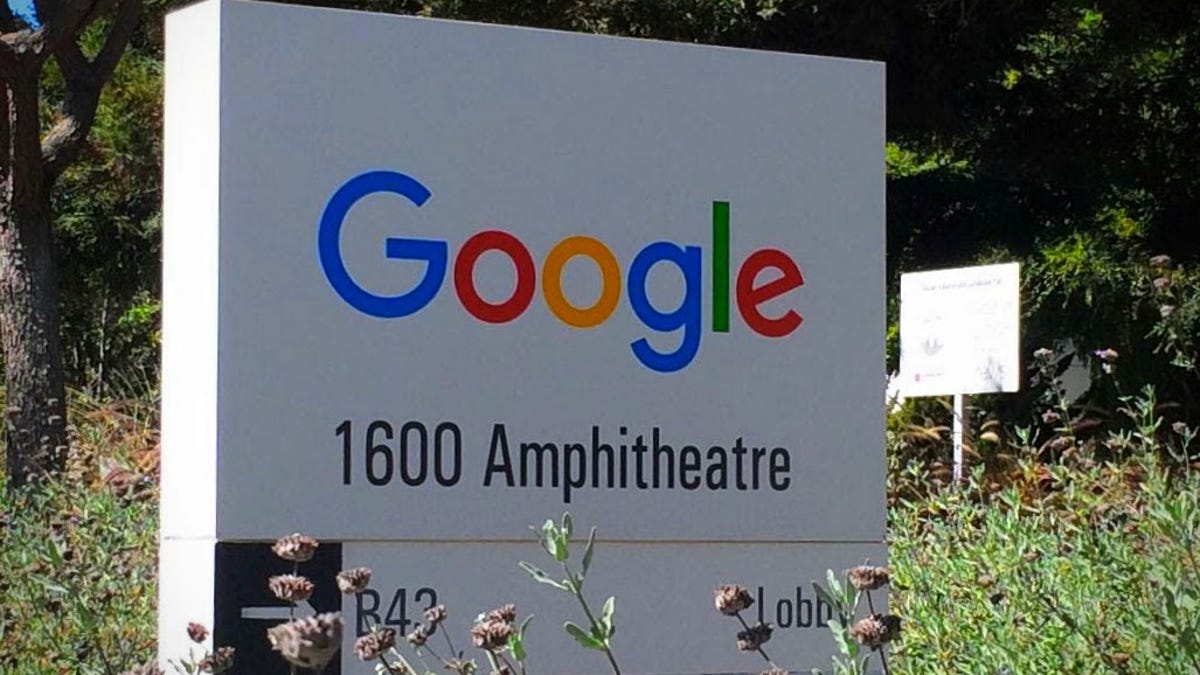Google clarifies how it tracks you even if Location History is turned off
The search giant makes a change to a help page for users, after a backlash over its data collection practices.

Google headquarters in Mountain View, California.
Google says it's trying to be clearer about how it tracks users on certain apps.
On Thursday, the search giant updated a help page for its location tracking tools, after the company's data collection practices had come under fire for being what some critics called misleading.
Previously, the help page said: "You can turn off Location History at any time. With Location History off, the places you go are no longer stored."
Now it says, "This setting does not affect other location services on your device, like Google Location Services and Find My Device. Some location data may be saved as part of your activity on other services, like Search and Maps." The AP earlier reported the news.
Google acknowledged the change. "We have been updating the explanatory language about Location History to make it more consistent and clear across our platforms and help centers," a spokesperson said in a statement.
The change in the help page follows a report by the AP earlier this week that said Google still tracks your location even if you turn off the Location History setting. If that setting is paused, the company still tracks where you go, it just won't record the places you've been in your Google Maps timeline, the report said. Users could, however, pause location tracking by turning off another setting, called Web and Apps Activity.
The backlash over Google's location history underscores how much scrutiny tech giants are under for their data-hungry business practices. Facebook received intense criticism over its Cambridge Analytica scandal, in which 87 million Facebook users had their personal information co-opted by a UK-based digital consultancy with ties to Donald Trump's US presidential campaign.
Google has faced controversy over its use of data with other apps too. Last month, it was reported that employees of third-party app developers could read your inbox. At the time, Google said the practices were covered by the company's terms of service.
The Smartest Stuff: Innovators are thinking up new ways to make you, and the things around you, smarter.
Special Reports: CNET's in-depth features in one place.

